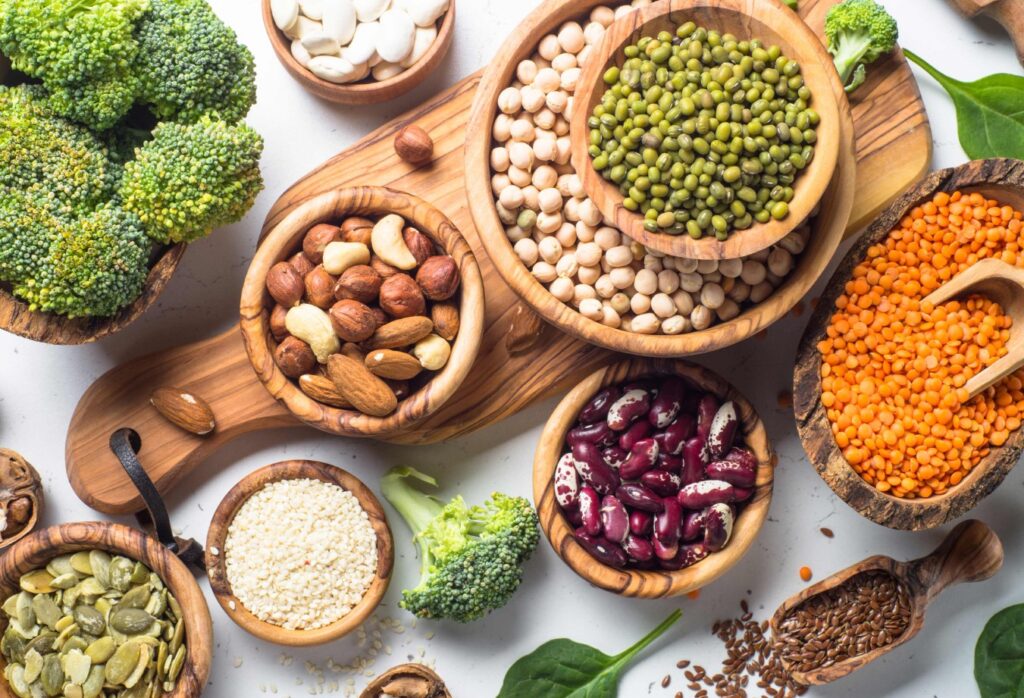More people than ever are exploring plant-based diets, whether for health, environmental, or ethical reasons. A common concern is getting enough protein, but nature provides plenty of excellent plant-based protein sources that support muscle growth and energy levels.
Legumes are among the best options—lentils, chickpeas, black beans, and peas are all packed with protein and fiber. A single cup of cooked lentils contains about 18 grams of protein, making them a fantastic meat alternative. They’re also rich in iron, which is crucial for energy production.
Tofu, tempeh, and edamame are soy-based proteins that are complete, meaning they contain all nine essential amino acids. Tofu absorbs flavors well, making it ideal for stir-fries and scrambles, while tempeh’s firm texture works great in sandwiches and salads.
Quinoa is another complete protein, offering about 8 grams per cooked cup. It’s also gluten-free and rich in magnesium, which supports muscle function. Other whole grains like farro, bulgur, and amaranth also contribute to daily protein intake while providing complex carbs for sustained energy.
Nuts and seeds are protein-rich snacks that also deliver healthy fats. Almonds, peanuts, chia seeds, and hemp seeds can be sprinkled on meals or blended into smoothies for an extra protein boost. Nut butters are another easy way to add plant-based protein to your diet.
For those looking for convenience, plant-based protein powders (pea, rice, or hemp protein) can help meet daily needs, especially for athletes. However, whole foods should always be the primary source for optimal nutrition.
Combining different plant proteins throughout the day ensures you get a full amino acid profile. For example, pairing rice with beans or hummus with whole-grain bread creates complete protein meals.
With so many delicious and nutritious options available, getting enough protein on a plant-based diet is easier than ever. Whether you’re fully vegan or just reducing meat intake, these foods will keep you energized and strong.

